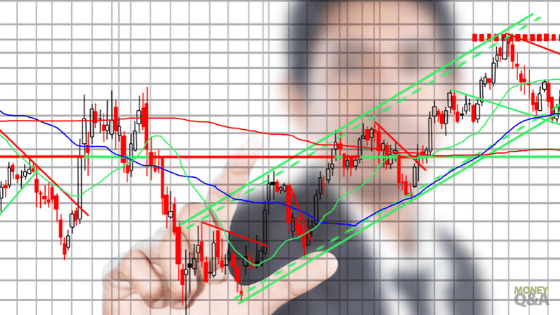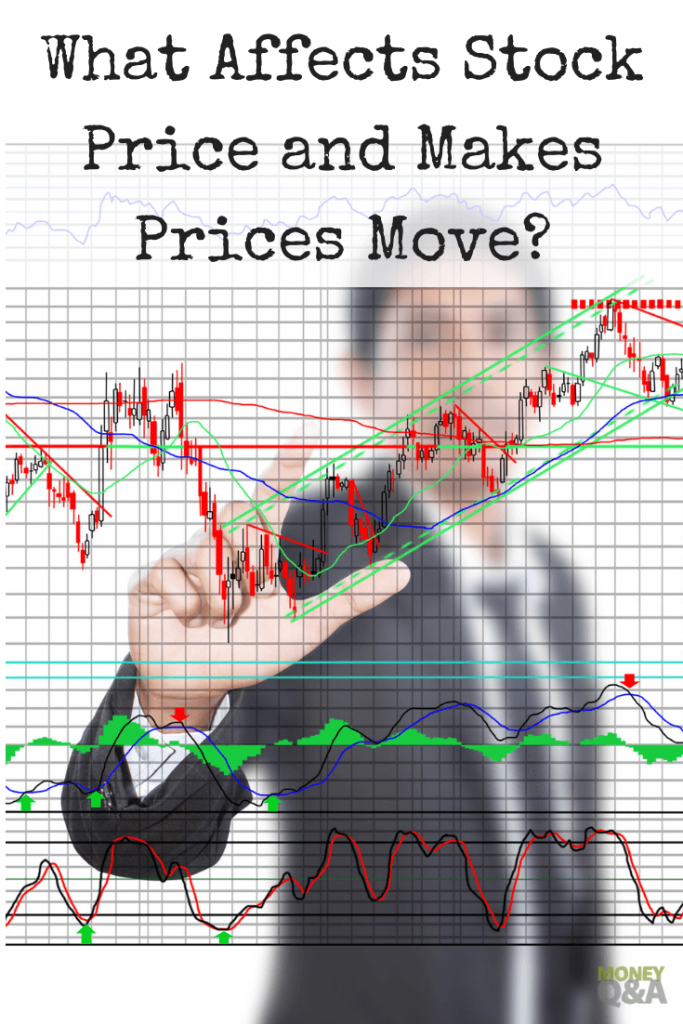
Everyone knows that the stock market fluctuates frequently and that it increases and decreases sometimes by large amounts. But why do the stock prices change? What are the factors that cause the changes?
It’s important to identify the forces that cause this volatility. Here are some of the key reasons why stock prices fluctuate.
The Economy
When there are changes in the economy it has a direct impact on the stock market. Whether this is a boom or a depression, you’ll see a change in stock prices the moment that this happens.
When the conditions are favorable, share prices will be at their peak, whereas when the conditions are unfavorable, you’ll see share prices drop dramatically – something that’s good for buyers but not for sellers who are trying to achieve a profit. As businesses start to recover from the recessions, share prices will gradually rise.
Inflation
When inflation is low, it drives high multiples having a strong inverse correlation with valuations. Whereas with deflation, it signifies a loss in pricing power, which means that stock prices are negatively affected. Depending on the investor’s ability to efficiently hedge, expected inflation can either have a positive or negative impact on stocks.
Dividends
Dividends directly indicate the movement of share prices. And when a business makes an announcement surrounding their dividends, the share prices of the business are likely to increase. If, however, the dividends rate is lower than what the investor’s originally expected, than the share prices will decline.

Supply and Demand
Supply and demand is another factor that affects the price of shares. Even if an investor believes that stock is under or overvalued, the market will decide what it will be worth. It comes down to the dynamic between the buyers and the sellers.
If a higher percentage of buyers move into the market, the demand will grow within it, making the share prices increase – especially if there’s a noticeably limited supply. However, if demand and supply are equal, then the share price will remain around the same until one of the factors begins to outweigh the other.
There are several supply factors that will affect share prices, including:
- Company share issues – this is when shares are made available for purchase. If there are fewer shares in circulation and there are a lot of investors, then the share price will increase.
- Share buybacks – this is when an organization buys back its shares from an investor as it has a limited supply of them. When this occurs, the shares are either redistributed in the future or canceled. It can also increase companies’ earnings per share (EPS).
- The sellers themselves – when they push shares into the market, supply directly increases. Although this is normally done as an attempt to make a profit, if demand doesn’t outweigh supply, the price will be negatively affected.
There are several demand factors that will affect share prices, including:
- Company news/performance – any expected or unexpected company news can cause a movement in its share price.
- Market sentiment – how traders feel about a particular asset. This can be shaped by personal insight or market trends.
- Economic factors – e.g interest rate changes, inflation, and financial outlook.
- Industry trends – when an industry is booming, share demand will increase. Whereas if it’s failing, share demand will decrease.
- Unexpected natural disasters
The Stock Market Is an Auction House
As the stock market allows individuals (i.e. businesses, governments, asset management companies) to buy and sell ownership, it’s seen as an auction house. When the two then agree on a price, the trade of the ownership is matched, creating a new market quotation.
When the stock market has more buyers than sellers, either the prices within it have to adapt to the change or no successful trades will be made. As a direct result of this, the stock price increases, which drives the market quotation upwards. Once the market quotation increases, investors are enticed to sell.
However, when the number of sellers outnumbers the buyers, many sellers will sell off their stock at the lowest price in order to achieve quicker results. This has the negative impact of flooding the market with securities.
The Factors that Influence Buyers and Sellers
When an investor believes that a business’s stock price is fairly priced or they have a comprehensive evaluation of an organization’s balance sheet, they will decide whether they will buy or sell shares.
Buyers are also influenced by the other factors mentioned above or due to a business not forecasting the future view of an enterprise – when this happens, the stock prices will fluctuate.

